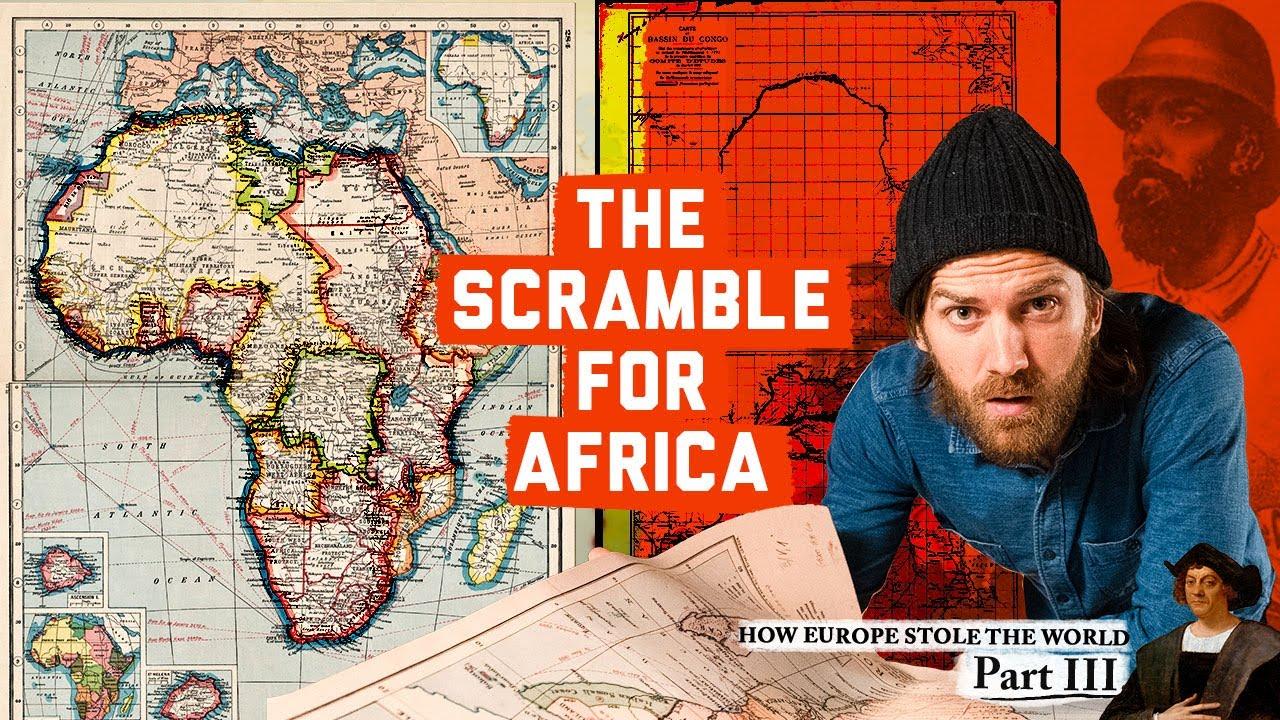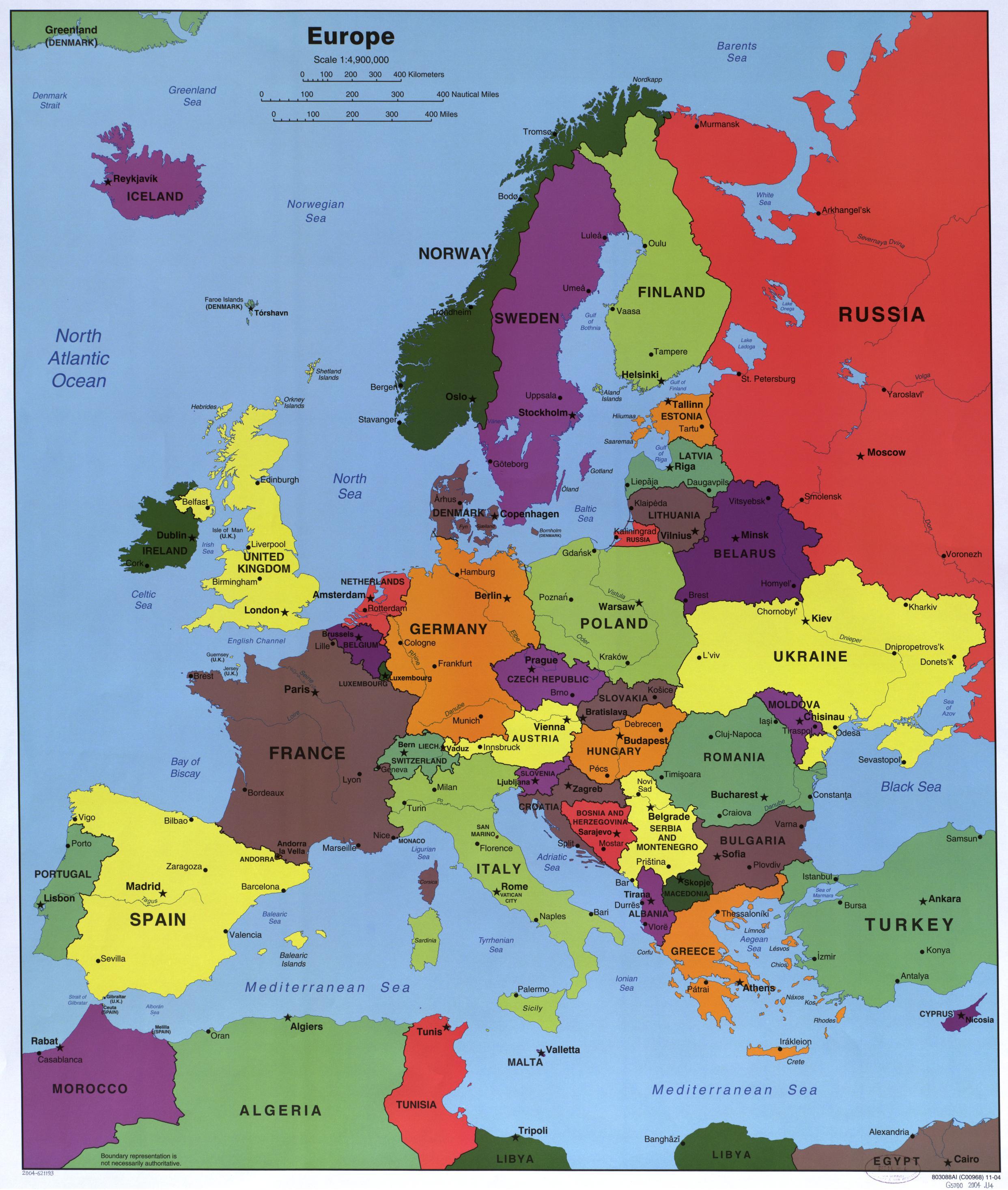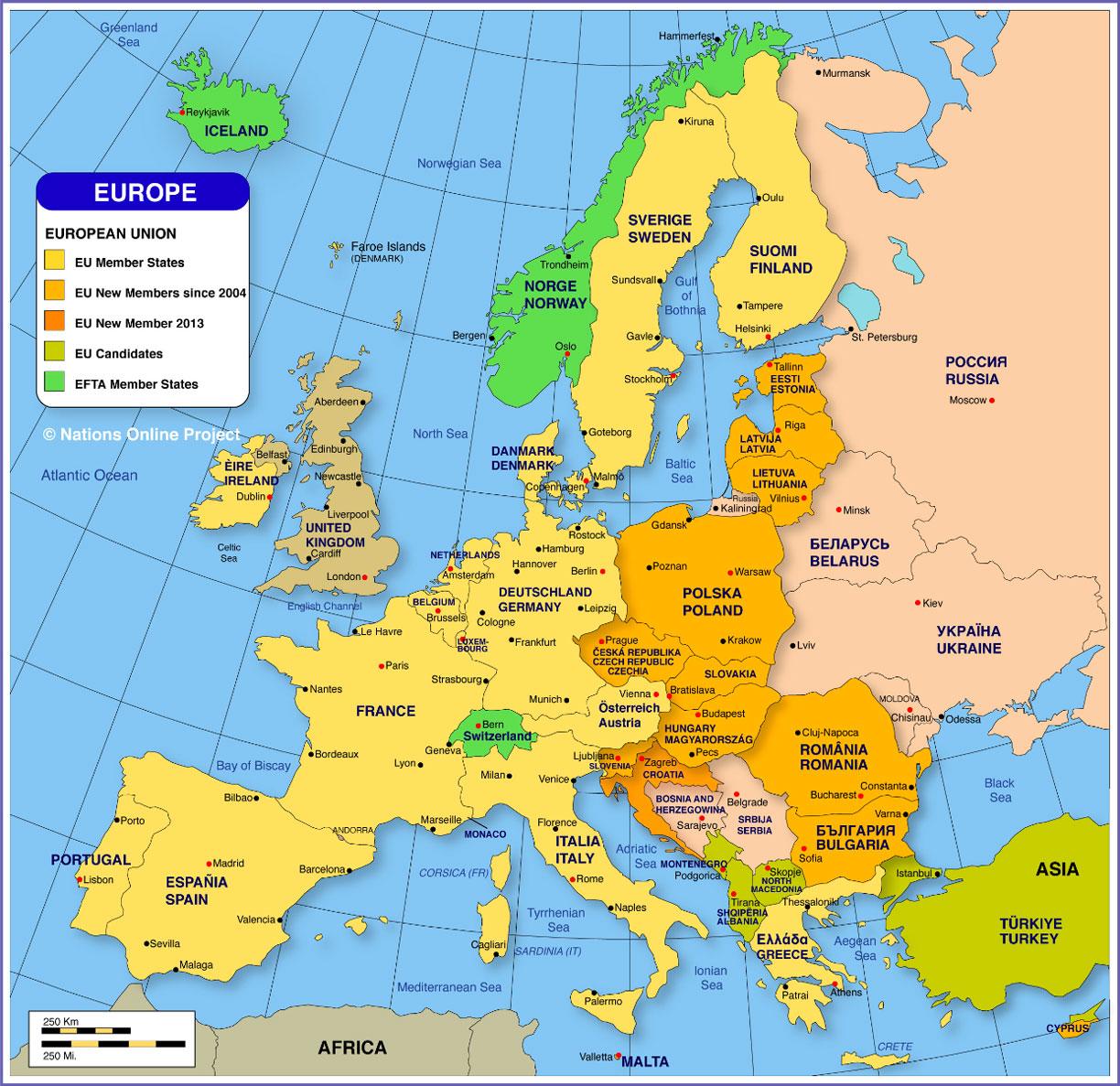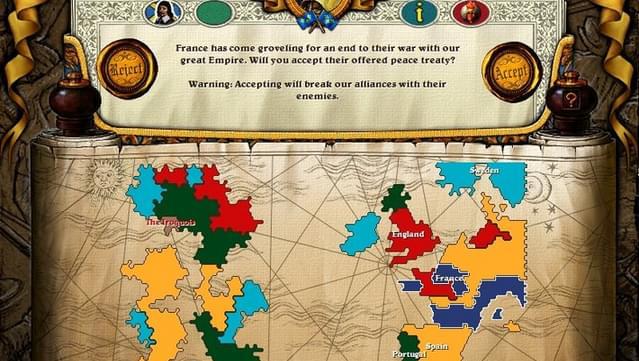
Decoding Europe’s Swift Conquest of Africa
In a whirlwind exploration of history, a recent YouTube video entitled “Decoding Europe’s Swift Conquest of Africa” unravels a dramatic transformation that unfolded over a mere century. The video, as gripping as a detective novel, illuminates the pivotal final chapter in the tale of European global dominance, a chapter both astonishing and pivotal in understanding our contemporary world.
From a snapshot of 1800 where Europe held a modest 35 percent of global land, to a staggering 84 percent by the dawn of World War I, the video questions how such an isolated continent could come to wield such vast influence. It dives into the nuances of the second largest continent on Earth, Africa—an expanse relatively untouched by European powers until a certain historical juncture where technology, new ideologies, and the relentless push of imperialism changed the course of humanity.
The video promises to guide us through a journey not just of conquests and cartographic advancements but of the very shaping of today’s socio-economic and linguistic landscape. It engages with the notion of an imperialism upgraded, a 2.0 version that relied on technological innovation and an unusual level of inter-empire cooperation.
As it beckons us to reconsider preconceptions of European expansion as inevitable, the narrator insists we are about to be acquainted with a sequence of events so precarious that history’s route could have easily diverged.
Join us as we delve into the enigmatic and transformative era of Europe’s swift conquest of Africa, a historical puzzle that sheds light on the underpinnings of the modern world. Buckle up for a journey back in time that is sure to inform our understanding of the present, challenging the beliefs we hold about the patterns of power, the ruthless race for colonies, and the shaping of our global society.
The Astounding Chapter: How Europe Changed the World Map

Title: Exploring Traditional African Cuisine: A Taste of Home
Introduction:
In this blog post, we delve into the fascinating world of traditional African cuisine. Through informative and engaging YouTube videos, we will explore the rich and diverse culinary traditions of the continent that has captivated taste buds around the world.
Body:
Title: The Art of Cooking: African Style
In this video, we follow a talented African chef as she showcases the artistry and skill behind traditional African cooking. From the vibrant colors of the spices to the intricate dance of flavors, each dish is a masterpiece in its own right. Through her expert guidance, viewers learn about the significance of certain ingredients, the techniques used in preparation, and the cultural significance of each meal.
Title: Taste of Africa: Exploring Regional Flavors
In our next video, we embark on a culinary journey through different regions of Africa, each offering a unique flavor profile that reflects the diverse landscapes and cultures of the continent. From the fiery heat of West African cuisine to the subtle sweetness of East African dishes, viewers are treated to a sensory experience like no other. Through detailed explanations and mouth-watering visuals, viewers gain a deeper appreciation for the incredible diversity of African cuisine.
Conclusion:
As we conclude our exploration of traditional African cuisine, we are reminded of the power of food to connect us to our roots and to each other. Whether you’re a seasoned chef or a curious foodie, the flavors and traditions of African cuisine offer a taste of home that transcends borders. Join us on our next culinary adventure as we continue to celebrate the rich tapestry of flavors that make African cuisine a true global treasure.
From Division to Domination: The Story of Europes Rapid Expansion

Introduction
Welcome to Roots Afrikiko’s blog, where we bring you the latest insights and analyses on our favorite YouTube video content. In this post, we’ll be diving into a captivating video that explores the rich cultural heritage of African music.
Body
In the featured YouTube video, we are taken on a journey through the vibrant world of African music, exploring the diverse rhythms, melodies, and traditions that have shaped the continent’s musical landscape. From the rhythmic beats of West African drumming to the soulful melodies of East African vocalists, the video showcases the incredible diversity of African music.
One of the highlights of the video is the exploration of how African music has influenced and been influenced by other musical genres around the world. We learn about the intersections between traditional African music and contemporary styles such as jazz, reggae, and hip hop, highlighting the global impact of African musical traditions.
Throughout the video, we are treated to stunning performances by talented African musicians, each showcasing their unique sound and style. From traditional instruments to modern production techniques, the video captures the essence of African music in all its glory.
Conclusion
the featured YouTube video provides a fascinating glimpse into the world of African music, celebrating the rich cultural heritage and creative innovation that define this vibrant art form. Whether you’re a lifelong fan of African music or a newcomer looking to explore something new, this video is sure to inspire and delight. Be sure to check out Roots Afrikiko for more exciting content on African culture and creativity!
Imperialism 2.0: The Technology-Driven Conquest

Introduction
Welcome to Roots Afrikiko’s blog, where we dive into the fascinating world of African culture, music, and artistry. In this post, we’ll be exploring a captivating YouTube video that showcases the vibrant sounds of traditional African music. Get ready to embark on a musical journey that celebrates the rich heritage and creativity of African musicians.
Body
The video opens with a group of talented musicians playing a variety of traditional African instruments, including the djembe, kora, and talking drum. The rhythmic beats and melodic tunes transport the listener to a different time and place, where music was not just a form of entertainment but a means of storytelling and connection.
As the performance unfolds, each musician takes center stage, showcasing their mastery of their instrument and bringing a new dimension to the music. The synergy between the musicians is palpable, creating a harmonious blend of sounds that is both energizing and soothing.
One highlight of the video is the solo performance of the kora player, whose nimble fingers dance across the strings, producing intricate melodies that captivate the audience. The kora’s unique sound adds a mystical quality to the music, infusing it with a sense of tradition and history.
this video is a mesmerizing tribute to the power of traditional African music, reminding us of the beauty and complexity of the continent’s musical heritage. It is a testament to the skill and passion of African musicians who continue to keep these ancient traditions alive through their artistry.
Conclusion
this YouTube video serves as a powerful reminder of the beauty and diversity of African music. Through the skillful performances of the musicians, we are transported to a world where music transcends language and culture, uniting us in a shared experience of joy and celebration. So next time you’re looking for some musical inspiration, be sure to tune into the rich sounds of traditional African music.
Beyond the Conquest: How European Expansion Shaped Modern Global Trade

Introduction
Welcome back to Roots Afrikiko’s blog! In today’s post, we’ll be diving into the key takeaways from our latest YouTube video, exploring the vibrant culture and traditions of the Yoruba people in Nigeria. Join us as we unravel the rich history and customs that shape the unique identity of this indigenous group.
Body
The Yoruba people, who predominantly reside in southwestern Nigeria, are known for their colorful festivals, intricate artwork, and deep-rooted spiritual beliefs. In our video, we had the opportunity to witness the awe-inspiring Egungun festival, where masked performers channel ancestral spirits to communicate with the living.
Additionally, we delved into the renowned Yoruba art forms, such as beadwork, pottery, and textile weaving, which serve as a means of preserving the community’s heritage and storytelling. Through these creative expressions, the Yoruba people pass down folklore, legends, and historical events from one generation to the next.
Moreover, our video shed light on the Yoruba religion, which centers around the worship of various deities, known as Orishas. Each Orisha represents different aspects of life, such as love, fertility, wisdom, and justice, providing devotees with spiritual guidance and protection.
Conclusion
the Yoruba culture remains a captivating tapestry of traditions, customs, and beliefs that continue to shape the identity of the Nigerian people. We hope this blog post has provided you with a glimpse into the fascinating world of the Yoruba people, inspiring you to learn more about their rich heritage. Stay tuned for upcoming videos on Roots Afrikiko’s YouTube channel, where we’ll continue to explore and celebrate the diverse cultures of Africa. Thanks for reading!
Closing Remarks
As we wrap up our exploration of Europe’s rapid conquest of Africa, it’s clear that the transformation of the world map in just a century is nothing short of remarkable. The shift from limited European control in 1800 to the stunning domination of 84% of the Earth’s land by 1914 is a testament to the power of technology, new ways of thinking, and the drive for profit.
This final chapter in the story of European imperialism paints a vivid picture of how the world we live in today was shaped by the actions of those in the past. The journey from colonial rivalry to cooperation in what we’re calling imperialism 2.0 reveals the ruthless pursuit of resources and territories, driven by a relentless desire for domination.
But let’s not forget that this conquest was not inevitable. Revolution was in the air, and empires were losing their grip on their colonies. The story of how Europe stole the world is a complex and multifaceted one, full of intrigue, ambition, and conflict.
As we reflect on the past, let’s also consider the lessons we can learn for the future. History has a way of repeating itself, and understanding the motivations and consequences of imperialism can help us navigate the challenges of our increasingly globalized world.
So let’s continue to decode the layers of Europe’s swift conquest of Africa and strive to create a more equitable and peaceful world for all. The map may have changed, but the journey towards understanding and unity is far from over.
